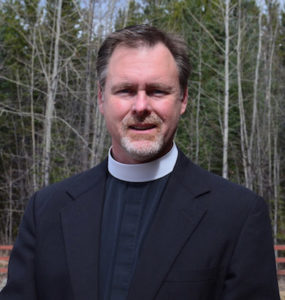 Rev. Jacob Worley was hounded out of the Anglican Church of Canada by liberal bishops. In retrospect, it might have been the best thing that could have happened to him since he is now rector of St. Andrew’s Church in the ACNA Diocese of Fort Worth.
Rev. Jacob Worley was hounded out of the Anglican Church of Canada by liberal bishops. In retrospect, it might have been the best thing that could have happened to him since he is now rector of St. Andrew’s Church in the ACNA Diocese of Fort Worth.
Primate Fred Hiltz has responded to a request for an impartial inquiry into Worley’s firing. Here is the letter from Hiltz and the response from Rev George Eves, which makes the point that Worley’s offence was a thought crime: he disagreed with Canon (IV.2) but was willing to abide by it. Definitive proof that, notwithstanding its claim to the contrary, the Anglican Church of Canada is unwilling to tolerate opinions that run contrary to its liberal ethos.
April 5, 2018
The Rev. Canon George Eves
30 Saunders Drive
Quispamsis, NB E2E 1J7
Dear Canon Eaves,
I hereby acknowledge receipt of your letter of March 6th and the correspondence urging Anglicans to write letters, to sign a petition calling for “an impartial inquiry into the Worley affair”, and to make a Love Offering for Mr. Worley and his family.
I have thought much about how to respond and I pray that what follows reflects the clarity and charity with which I was intent in writing.
As you know Canon Eaves, in the polity of The Anglican Church of Canada, the Primate has no jurisdictional authority anywhere. All such authority resides entirely in the hands of the diocesan bishops and the metropolitan archbishops of the ecclesiastical provinces.
You will know too, that the election of bishops is an entirely provincial matter. Each ecclesiastical province has its own Canon on The Election of Bishops. Within the said Canons, there is reference to the necessity of consent to an election.
In Canon 4 on The Election of Bishops in the Ecclesiastical Province of British Columbia and Yukon, Section (b) reads as follows.
(b) Objection to the election of a Bishop may be taken on any of the following grounds:
- That the person elected is not thirty years of age.
- That he or she is not a Priest in Holy Orders of the Anglican Church of Canada or of some church in full communion therewith.
iii. That he or she is deficient in learning, training or experience.
- That he or she has either directly or indirectly secured or attempted to secure the Office by an improper means.
- That he or she is guilty of any crime or immorality.
- That he or she teaches or holds or has within five years previously taught or held anything contrary to the Doctrine or Discipline of the Anglican Church of Canada.
In the case of The Rev. Jacob Worley, consent to his election was withheld on a matter of discipline, not doctrine. Mr. Worley’s view on marriage was not the issue. What was at issue was his view that it is acceptable and permissible for a priest of one Church of the Anglican Communion to exercise a ministry in the geographic jurisdiction of a second Church without the permission of the Ecclesiastical Authority of that second Church. Mr. Worley gave the bishops of the Province no indication of a willingness/readiness to change that view. That was the ground on which objection to his election rested. The section with respect to “objection” in Canon 4 (BCY) concludes with the statement, “The decision of the House of Bishops shall be final.”
Notwithstanding this decision, there was at a subsequent Electoral Synod, a move to place Mr. Worley’s name on the ballot and the Archbishop had to declare that the nomination was not in order.
With respect to the termination of Mr. Worley’s ministry in Smithers, it is a matter of public record that the Archbishop acted only after consultation with diocesan leadership. In a written statement to the diocese, he described the severance package offered by the diocese as “beyond the minimum requirement of the law”. I am not convinced that Mr. Worley was treated as unjustly as some claim.
I believe that in withholding consent to Jacob’s election, the bishops of the Province acted in the best interests of the Church; and that in terminating Jacob’s ministry in Smithers, the Archbishop and those in leadership roles within Caledonia acted in the best interests of the diocese.
Accordingly, I will not act on the call for an inquiry into these matters.
In closing, I want to address the claim that some are making that within our Church those who hold a conservative view on matters of doctrine and orthodoxy are being increasingly marginalized. Some claim that opportunities for ministry are discouraged or denied. I challenge that view on the grounds of the very spirit and ethos of Anglicanism. Within our tradition, there is a broad range of theological perspective on any number of matters of faith and order. That is our heritage. It is who we are. Within The Anglican Church of Canada conservatives and liberals, evangelicals and Anglo-Catholics, Indigenous and non-Indigenous peoples strive in marvelous ways to embrace their unity in Christ. Within the household of faith, we all need to make room for one another. As St. Paul would say, we need to be “forbearing in love making every effort to maintain the unity of the Spirit in the bond of peace.” (Ephesians 4:3) I see these kinds of efforts being made with integrity within our National House of Bishops, and I believe current work among the bishops is exemplary for the whole Church.
Grateful for your care and concern for our beloved Church, I assure you of my obligation and joy with you to lift its life heavenward, day-by-day.
With respect,
I am,
Sincerely in Christ,
Fred J. Hiltz
Archbishop and Primate
Here is the response:
The Most Reverend Fred Hiltz Aug. 27, 2018
Primate,
Anglican Church of Canada
Thank you for your letter of April 5, 2018 in response to mine of March 6.
I am sorry not to have gotten back until now but I will use a long absence from home as at least part of my excuse. I also wanted to wait until ample opportunity was given to all who wished to sign the petition.
I am attaching a list of the names and dioceses of those who did so. While I am disappointed at the numbers, it is somewhat heartening to know that support came from across the country. I have heard from a few that they did not sign the petition because they felt that further dialogue with the powers that be would be pointless.
To me this was even more disappointing!
Therefore, I appreciate your taking the time for a detailed response. Although it was indeed clear and charitable (for which I also thank you), I find that it almost completely fails to address my main concern. Perhaps this was because, in part, I did not make myself entirely clear, hence I will try once again to do so.
You make it plain that you agree with the actions taken in regard to Mr. Worley both by the provincial House of Bishops in annulling his election and the Archbishop in dismissing him from his parish. These were taken, you affirm, “in the best interests of the Church” but you made no effort to explain why you think this to be the case.
According to all accounts, including your own, “the ground on which objection to his election rested”, was that “Mr. Worley gave the bishops of the Province no indication of a willingness/readiness to change his view” that it is “permissible for a priest in one jurisdiction of the Anglican Communion to exercise a ministry in the geographical territory of a second Church without… the permission of that second Church”.
In other words, Mr. Worley’s election was annulled because he disagreed with a disciplinary Canon (IV.2). Although he committed to abide by this Canon, this was not enough for the House of Bishops (or yourself, apparently). It was demanded of him that he change his view as well.
In your letter you make much (and rightly so) of our Anglican ability to embrace a broad diversity of theological opinion. I myself have benefited greatly from this in my own career. However, Mr. Worley’s opinion on Canon IV.2 prevented his being acceptable as a bishop. No diversity allowed here.
In the case of Mr. Robertson, we have the opposite result in what seems to be a parallel situation. He was elected and confirmed, it being known full well that he did not agree with the present Marriage Canon, a matter of doctrine, no less. Objections were raised but swept aside as Mr. Robertson was deemed a “priest in good standing” (as was Mr. Worley) and his consecration allowed to proceed.
How can this not be clear evidence of a double standard? Why was it demanded of Mr. Worley alone that he both conform to Canon law and also agree with it? This is an extraordinary and unprecedented requirement, totally out of step with the Anglican way. It was clearly not required of Mr. Robertson regarding the Marriage Canon.
If the intolerant action of the House of Bishops in B.C. is allowed to stand unchallenged, unexplained, and, indeed, supported by leaders like yourself, reassuring words regarding our Church’s rich heritage of toleration will ring hollow.
To many they will instead sound like the death knell of a great tradition.
Yours truly,
The Rev. Canon George R. Eves
Like this:
Like Loading...




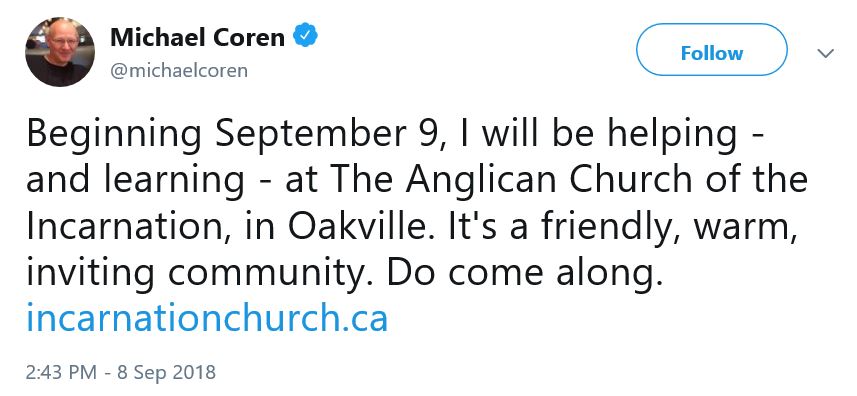
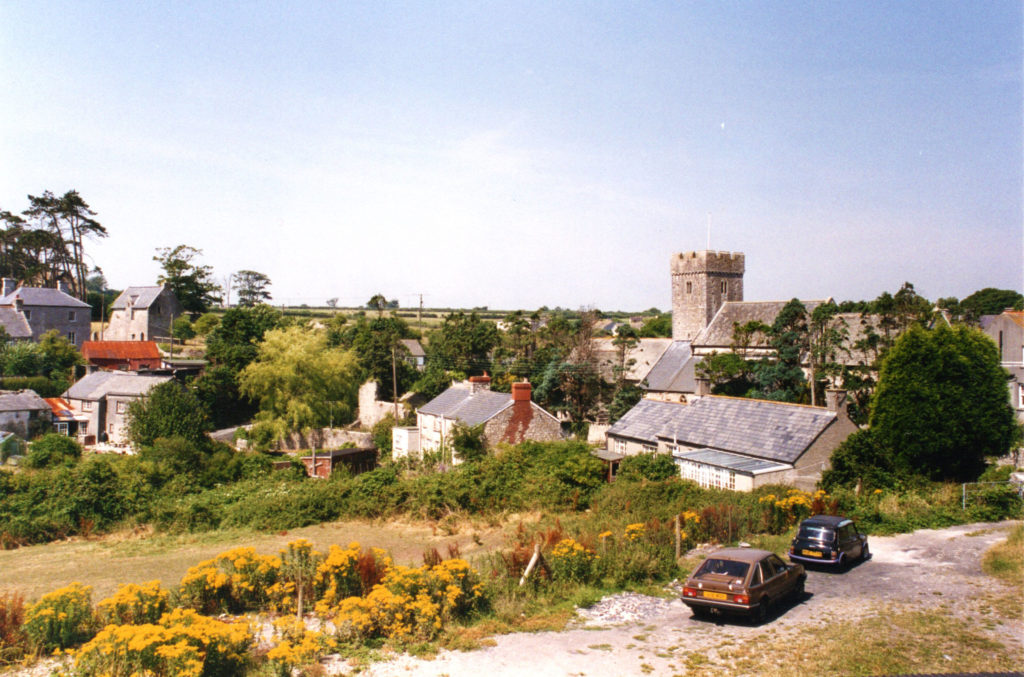
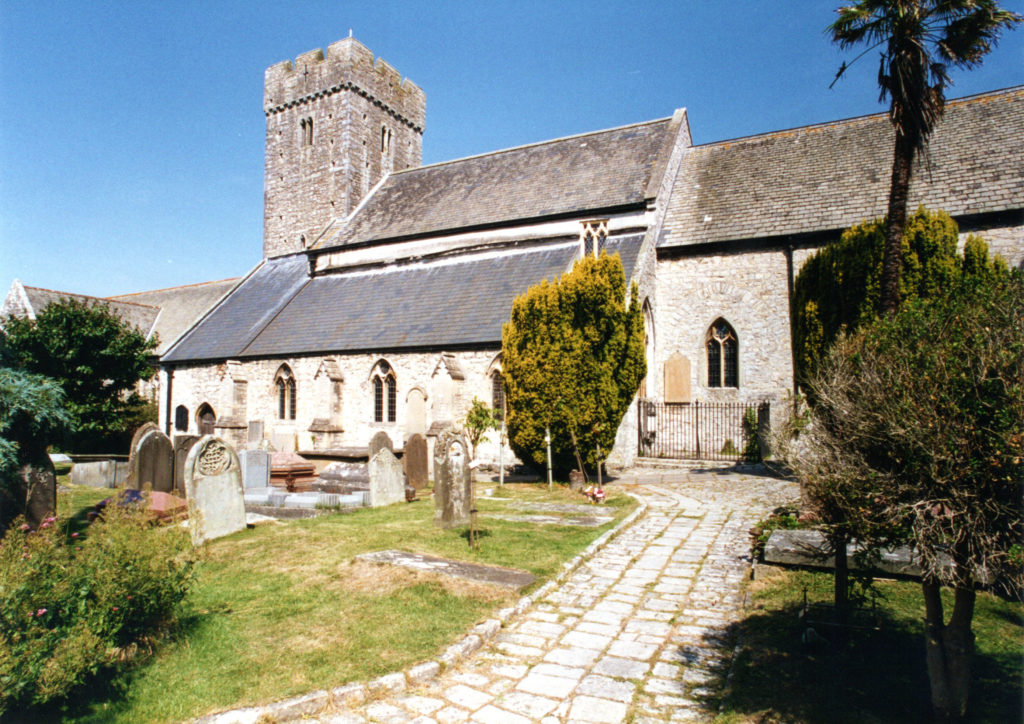
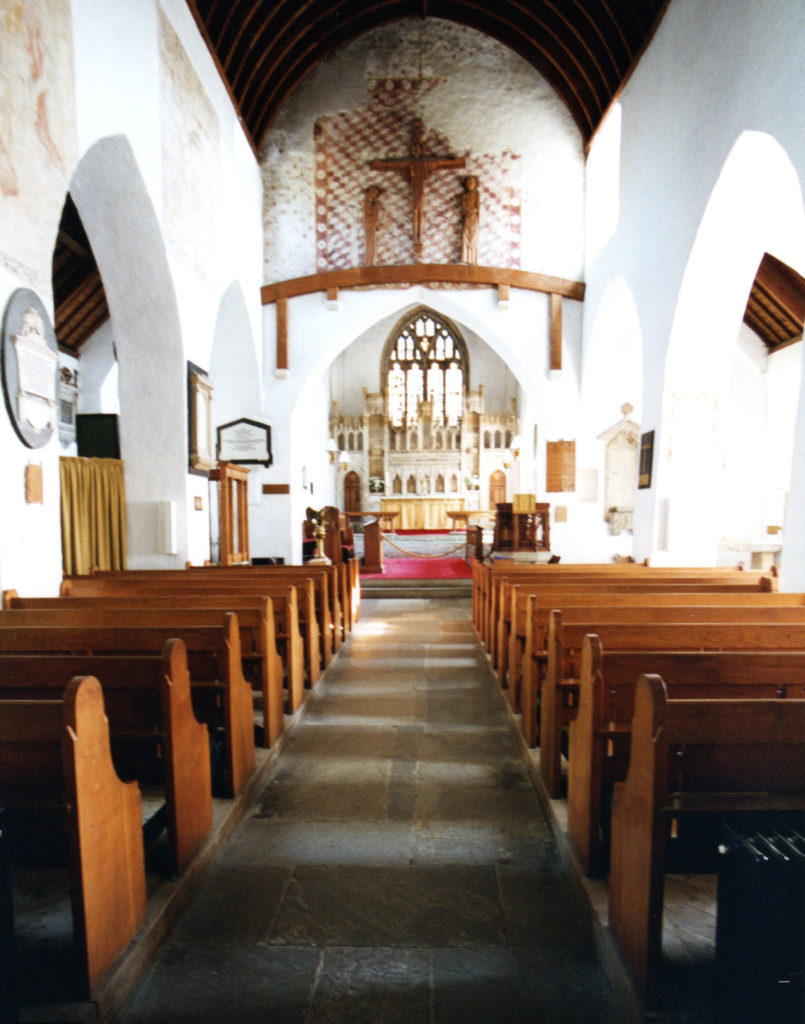
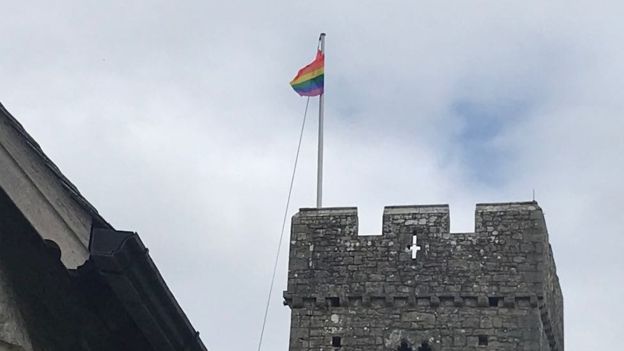
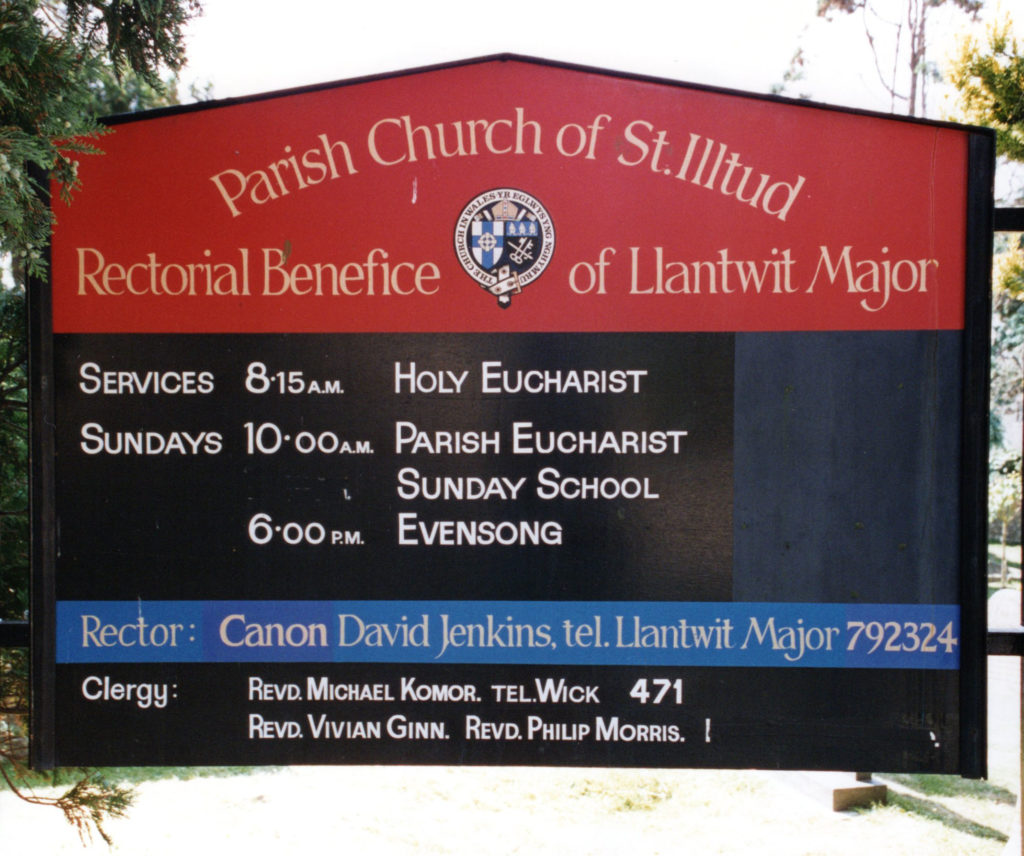
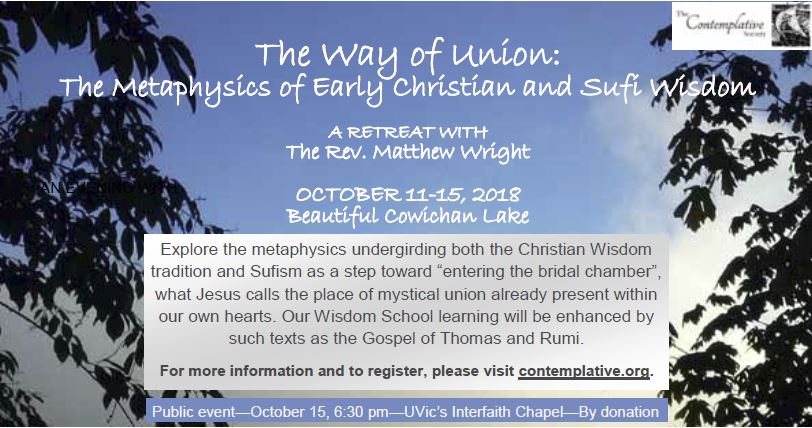
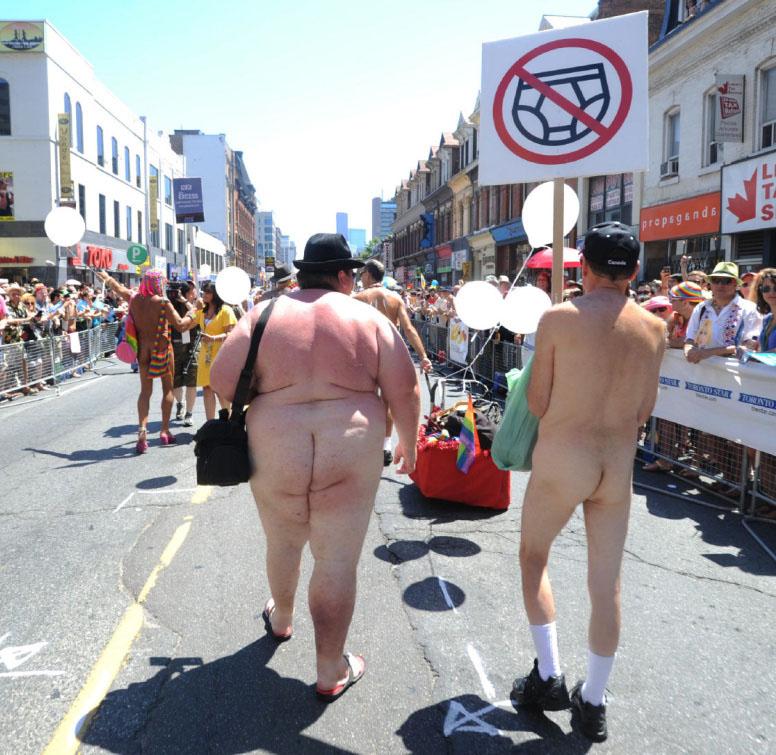
 Rev. Jacob Worley was
Rev. Jacob Worley was 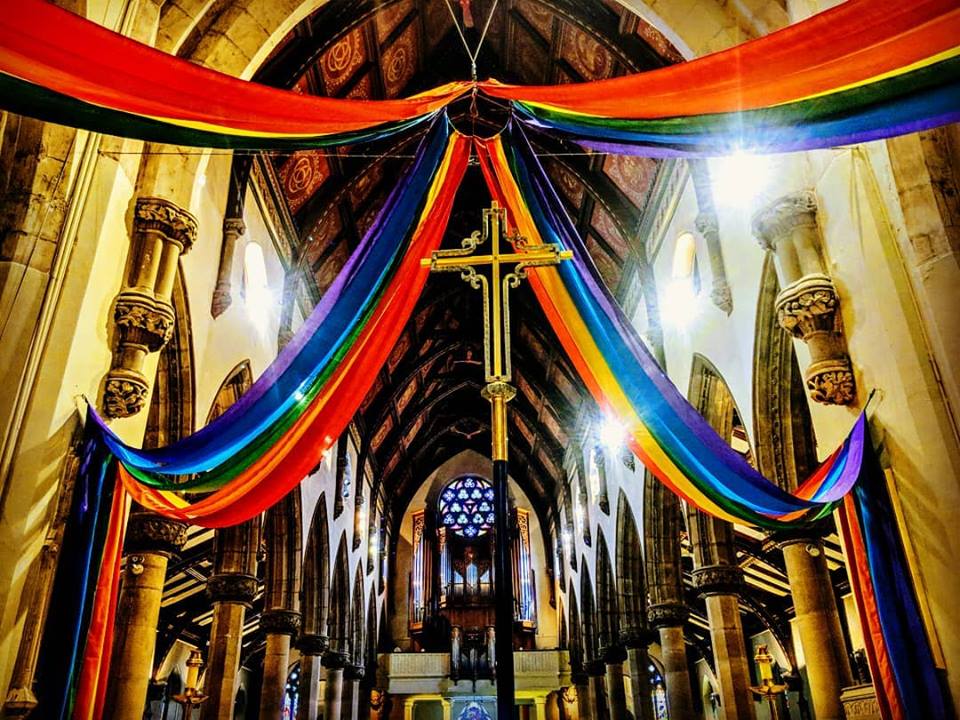
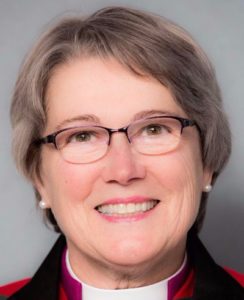 It is the position of Bishop Mary Irwin-Gibson that she can’t wait “for the whole world to be on board with same-sex marriage” so she can and must act proactively. Her proactive approach is reflected on all levels. Of course, new priests to be ordained have to follow her lead on this because priests promise to be loyal to their bishops at the time of their ordination. Indeed, the Vicar-General of the said Diocese told me that opposition to same-sex marriage would be a “problem” with a view to ordination. He explained that, of course, the Diocese values diversity but implied that newly ordained priests cannot afford being diverse.
It is the position of Bishop Mary Irwin-Gibson that she can’t wait “for the whole world to be on board with same-sex marriage” so she can and must act proactively. Her proactive approach is reflected on all levels. Of course, new priests to be ordained have to follow her lead on this because priests promise to be loyal to their bishops at the time of their ordination. Indeed, the Vicar-General of the said Diocese told me that opposition to same-sex marriage would be a “problem” with a view to ordination. He explained that, of course, the Diocese values diversity but implied that newly ordained priests cannot afford being diverse.